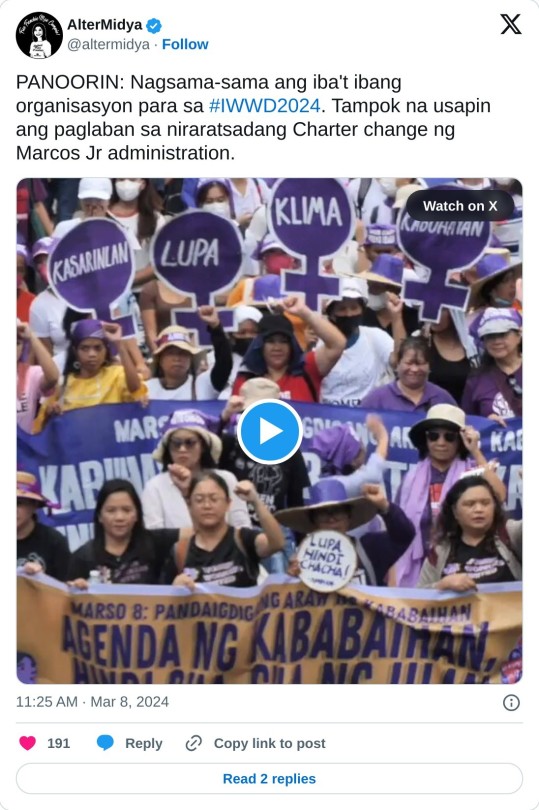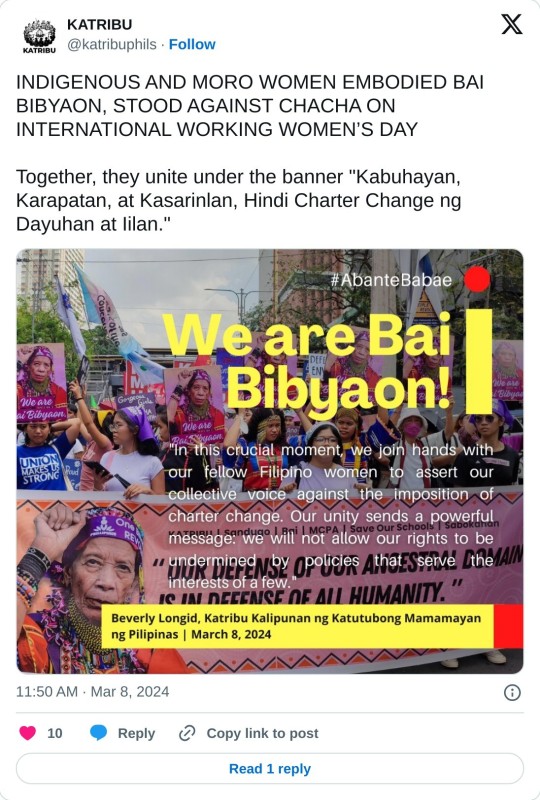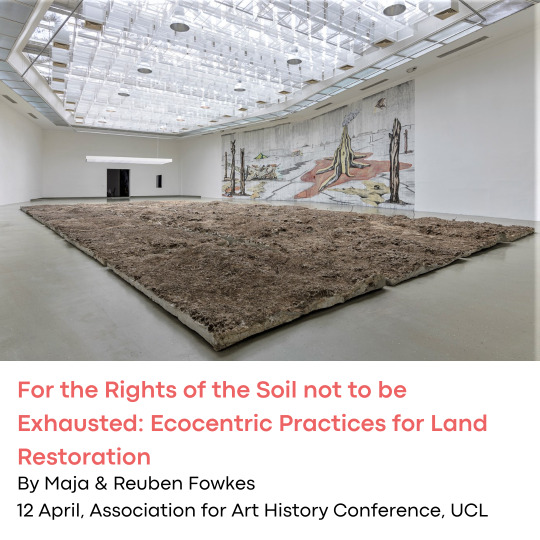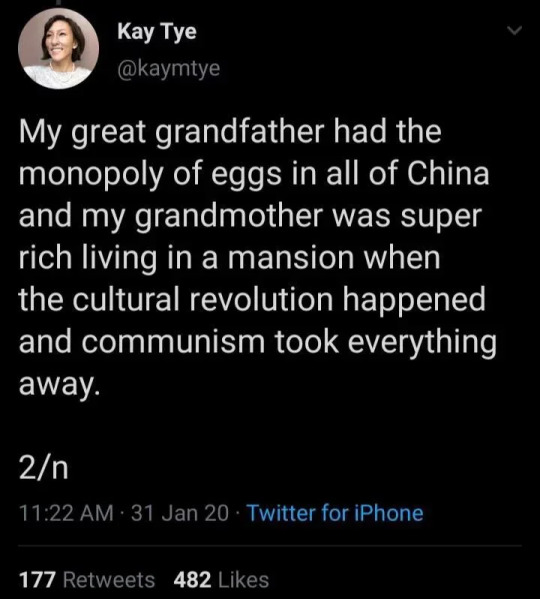#land reform
Explore tagged Tumblr posts
Text





#marxism leninism#women's protest#Communist Party of Pakistan#land reform#farmers rights#agriculture#corporate farming#agribusiness#pakistan
28 notes
·
View notes
Text
Julius Ceasar was GOOD he was a GOOD GUY
The Ides of March only happened because what he was doing was good for the common people of the empire especially with land reforms.
My GOAT gave public land to the poor as well as public jobs, and also made sure his veterans were guaranteed land, and also like alleviating taxes?!?!
There are better people to celebrate the death of, like Margaret Thatcher, or that guy Brutus.
Just uhhhh.... ignore that toga in the corner, and that wreath, that's just a holdover from Christmas. Oh also that sceptre, that one with the golden eagle, that just a family heirloom.
Trust me bro Ceasar was chill.
#ides of march#julius ceaser#tumblr holidays#fake tumblr holidays#march#Assassination#italian#land reform#roman
5 notes
·
View notes
Text

AlterMidya on Twitter @altermidya:
PANOORIN: Nagsama-sama ang iba't ibang organisasyon para sa #IWWD2024. Tampok na usapin ang paglaban sa niraratsadang Charter change ng Marcos Jr administration.
2024 Mar. 8

Philippine Collegian, official student publication of UP Diliman, on Twitter @phkule:
NOW: Multisectoral groups march from Vicente Cruz Street to Mendiola to register their calls for wage increase, genuine agrarian reform, and national sovereignty this International Women’s Day.
#IWWD2024 #AbanteBabae
2024 Mar. 8

Katribu on Twitter @katribuphils:
INDIGENOUS AND MORO WOMEN EMBODIED BAI BIBYAON, STOOD AGAINST CHACHA ON INTERNATIONAL WORKING WOMEN’S DAY
Together, they unite under the banner "Kabuhayan, Karapatan, at Kasarinlan, Hindi Charter Change ng Dayuhan at Iilan."
Read the full release here: (FB link)
2024 Mar. 8
#abante babae#international working women's day#international women's day#philippines#land reform#labor rights#no to charter change#environmental issues#indigenous rights
6 notes
·
View notes
Text
Swimmers poised for biggest mass trespass so far at Kinder reservoir
“Up to 1,000 swimmers are expected to head to Kinder reservoir in Derbyshire on Sunday in the biggest trespass of the water to date. The turnout will mark the anniversary of a mass trespass that helped establish the principle of the right to roam in the UK.
“The swim trespass of Kinder reservoir, situated below Kinder Scout where the 1932 protest took place, has become an annual event and is growing rapidly with the boom in wild swimming. The event is now in its third year, and swimmers of all backgrounds are invited to the reservoir, owned by the water company United Utilities, to exercise ‘the uncontested right to swim in open water’.
“The mass trespass of Kinder Scout on 24 April 1932 involved an estimated 400 people and led to six arrests. It is widely considered to have laid the foundations for the UK’s first national park, the Peak District, and helped pave the way for the establishment of the Pennine Way and other long-distance footpaths.
“Last year about 400 people took to Kinder reservoir to mark the anniversary, and greater awareness, along with the continued growth in wild swimming, means numbers are expected to be substantially higher this year.”
#kinder reservoir#mass trespass#trespass#right to roam#direct action#mass resistance#resistance#private land#land reform#land ownership#land#british politics#uk#politics
3 notes
·
View notes
Text

me when it's the first of the month
1 note
·
View note
Text
0 notes
Text

0 notes
Text
"...
In the late 1940s and early 1950s, the Communist Party of China carried out land reform throughout the countryside. This was a series of violent campaigns that shook village societies to their core and resulted in the deaths of hundreds of thousands, if not millions of Chinese citizens.
These years only make sense in the context of decades of conflict between the Communists and their Nationalist rivals, but land reform also has deeper roots in an age-old question: Who owns the land? ...
"... Writing the history of the Communists and their revolution is greatly complicated by the party’s attempt to control the historical record. That has been especially true since the Tiananmen Massacre of 1989, when the party began accusing its critics of “historical nihilism” — a charge leveled at those who dared to question official party history.
As far as party historians are concerned, land reform was the transformative moment of Maoist revolution, when the party heroically led long-oppressed peasants to stand up and overthrow feudal power. The party has actively pushed back against any questioning of this interpretation. When the Cyberspace Administration of China released a list of the top ten “rumors” of historical nihilism, number eight on the list was the rumor that land reform had been a mistake. ... "
1 note
·
View note
Text
Umani Productions and Bulatlat have released a 10-min. documentary titled "Buhay lukad" [lukad = process of extracting coconut meat from the shell, sometimes used interchangeably with copra/kopra]. Has Tagalog subs.
Copra farmers in Bicol have endured decades of misery due to feudal conditions.
2024 Jan. 7
Like most agriculture in the Philippines, the production of copra remains small-scale and limited to individual farmers, most of them paying rent to landlords. A dearth of infrastructure and development forces coconut farmers to sell their products to exporters at drop-dead wholesale prices, who in turn profit off an industry making upwards of £750 million (US$ 1 billion) annually.
The grave disparity between the farmer and the exporter can be traced directly to the Philippines’ status as an agricultural nation plagued by old feudalism. Agricultural land is concentrated in the hands of a small crop of dynasties, corporations, and foreign plantations - making it impossible for farmers to rise above their status as “the poorest of the poor.”
2021 Oct. 16
3 notes
·
View notes
Text
For the Rights of the Soil not to be Exhausted: Ecocentric Practices for Land Restoration

Co-Directors of the Postsocialist Art Centre (PACT) Maja and Reuben Fowkes will be presenting ‘For the Rights of the Soil not to be Exhausted: Ecocentric Practices for Land Restoration’ on April 12th as part of the ‘Matter Matters: The Aesthetics and Politics of Soil’ panel at the 49th Annual Association for Art History Conference, taking place at University College London.
About the Presentation:
As climate breakdown tests the ecological limits of heavy agriculture, how have artists exposed the entwined colonial and environmental histories of land and proposed ecocentric practices based on more-than-human comradeship and care? These questions are addressed through Anetta Mona Chişa’s One Are (2021), which translated the Roman unit of territory into a 100m2 inverted cast of a ploughed field to reveal the materiality of the soil in its earthy imprint of tilling, cracking and erosion. Also considered is Cooking Sections’ For the Rights of the Soil not to be Exhausted (2019), which engaged with the histories of chernozem from the Ukrainian steppe, from the terror of Soviet grain requisitioning to the impact of shifting climatic zones. The artist duo also collaborated with lawyers to legally enshrine the defence of the soil against capitalist extractivism, encapsulating the planetary tipping point in attitudes towards what anthropologist Kristina Lyons calls the “complex self-organising system” underground.
Image: Anetta Mona Chişa, One Are (2021)
#socialistanthropocene#arthistory#envhum#annualconference#forarthistory2023#research#art history#UCL#land reform#ecocentrism#ecostructure#soil#enviornment
1 note
·
View note
Text
As someone whose family got persecuted by communists:
Yeah, fuck em, they deserved that shit. I don't support my great grandfather having been put in a gulag because that was way later and for a shit reason, but him and his family getting their farm & estate taken away was fully justified

I think about this tweet all the time
10K notes
·
View notes
Text




When life gives you lemons
(Inspired by a tweet I couldn’t find again bc twitter is being its quirky self today)
#vashwood#mashwood#creature vash#vash the stampede#and his twin#who’s been reformed??#he’s a sensitive plant on an insensitive land#my art#trigun stampede#trigun
2K notes
·
View notes
Text


Read Right to Left (Manga Format)
I have returned to watching demon slayer after a year and it came up while I was having a serious late night talk with my big sister. I was talking about the relationship between Michikatsu/Kokushibo and Yoriichi and it turns out we both see each other in Yoriichi's shoes and ourselves in Michikatsu's place. Definitely surprising, but really relieving to know that we both worry too much and we are not so far apart in skill as we believe.
This is technically the first piece of fanart I've ever made for the characters in Demon Slayer, I have made OCs before but I never drew an actual character from the story. For context this is mostly just a fun "what if" scenario with them meeting in the afterlife. I like to think Yoriichi's love would reawaken Michikatsu's humanity.
#demon slayer#kimetsu no yaiba#yoriichi tsugikuni#michikatsu tsugikuni#demon slayer fanart#kimetsu fanart#kny fanart#fan comic#very much unserious note: I misread something on the wiki to my sister as Koku offing himself because he regenerated too ugly 💀#and now me and my sister have “Kokushibo moment” to denote a scenario in which we become so absolutely pathetic that we just cannot go on#Mine is if I'm still making submas content at 60 years old#Hers is me thinking she's currently having her Kokushibo moment#definitely lightened the mood and we were laughing for like 5 minutes straight#anyways Yoriichi and Michikatsu (mostly Michi) are my faves from this story because I can feel for them more than I do other characters#Also that thing in the beginning is meant to be a hitodama!! I wanted Michi to land next to Yoriichi but when I tried the shooting star ide#it did not work 💀 anyways that little wisp reforms into Kokushibo's monstrous form‚ which Yoriichi shreds apart in seconds#for the people looking for my usual submas content‚ I actually had an idea to draw them debating which twin to cosplay a few months back#Ingo said Emmet should be Yoriiichi cause he's the younger one‚ Emmet said Ingo should be Yoriichi cause he's cooler (read: better liked)#This took about 5 hours elapsed time‚ I stopped halfway through the last panel for a 6 hour nap#Also the purple just denotes which sections is close to the demonic parts‚ kinda like lighting but not quite
238 notes
·
View notes
Note
Vachete Suomi AU. Vesuri ja Vaski asuvat suuressa kylässä jossain sisämaassa kaukana suurista kaupungeista kuten Turusta. Kirkonkylän pappi, Vesuri, yrittää parhaansa mukaan vakuuttaa kyläläisiä kasvattamaan perunaa, koska se on satoisa ja ravitseva kasvi mutta kyläläiset eivät tahdo luopua nauriista. Vaski on kartanonvoudin poika ja yrittää pitää suhteita yllä kyläläisiin, että he olisivat suostuvaisia maksamaan veroja kuninkaalle eivätkä hyökkäisi hänen isänsä kimppuun.
Loose translation:
Finnish Vaschete AU.
Vesuri (a type of pruning knife/billhook) and Vaski (brass/copper/bronze) live in a big village somewhere inland, far away from the country's populous cities like Turku (Finland's oldest city and former capital located in the southwestern coast). The village priest, Vesuri, is trying his best to persuade the villagers to start farming potato, a high-yielding and nourishing crop, but people are reluctant to give up their turnips (one of Finland's most important staple foods up until 1800's when potato finally took over). Vaski is the son of a local lord of the manor (or maybe you'd call it bailiff? Or even jarl?) and is doing his best to get along with the villagers so that they would continue paying their taxes to the king and wouldn't turn against his dad.
#I'm not sure how you'd translate kartanonvouti#an official who governs a piece of land and is responsible for collecting taxes for the king you know the deal#I would've called Machete kassara which is a synonym for vesuri#but then you could call him “käsikassara” which is a derogatory term for a person who does someone else's dirty work#and that's what he does and why he's called Machete#I don't know if you're aware anon but Vasco was named that because his colors reminded me of vaski#anonymous#answered#Vaschete scenarios#Finland was converted from catholicism to protestantism in early 1600's and potatoes were first introduced here around 100 years later#so in this case he's either catholic and a true potato trailblazer ahead of his time#or this takes place after the reformation and he's lutheran but potatoes are slowly being adopted it's the villagers who are anti-potato#I don't know what I'm talking about
150 notes
·
View notes
Text
On to the subject of the French Revolution: most of the people who fell to the guillotine were commoners. Nobles were still disproportionately impacted (8% of the executions whilst they were like 1% of the population - the clergy was far more impacted). The loss of their privileges and the seizure of the émigrés' land did more to end their dominance than a few chopped-off heads.
Seeing the notes on posts about the Burning Man Debacle™ and for fucks sake I am taking the phrase 'eat the rich' away from y'all until you can CORRECTLY IDENTIFY the rich
Rich is 'arrived by way of their private jet', is 'dropped $500k on a submarine ticket', is '$500 is a rounding error'.
'$500 dollars for a nine day event they must all be rich white people' no you reactionary rotten potato that is actually an entirely reasonable price for an entirely normal person to pay for an annual event! $500 over the course of a year is approximately equivalent to one big takeout a month! Being able to afford that doesn't make you rich it makes you probably not poor! The 'rich or poor' narrative is a false dichotomy that completely excludes the fact that 'richness' or 'poorness' is a SCALE! It's not fucking categorical! You don't one day magically flip a switch and go from 'poor' to 'rich' or vice versa you see incremental changes over time! Wealth distribution is a (these days, admittedly, rather wonky) motherfucking BELL CURVE! . The fact that capitalism is driving more and more people to either extreme of said curve is just evidence of a broken system, but it doesn't change the fact that most people should have a decent amount of disposable income!
The fact that many people don't have said disposable income doesn't magically make the ones that do 'rich' it makes everyone else poor. And the people at fault for the massive and growing percentage of people living below the poverty line are not the ones managing to stay above it, it's the fault of the actually rich, the ones stealing our time and our health and our wages and our future in pursuit of a number on a screen. And the rich are the only people you're helping by hating the people struggling slightly less than you.
When it comes time to 'eat the rich' you're going to be murdering dentists and librarians and scientists while the actually rich point and laugh from a safe distance as you solve their problems for them.
#Indeed#The 'Eat The Rich' do hit a cathartic nerve#Socialism#Revolution#Social issues#Inequalities#Political violence#French Revolution#Révolution Française#Communism#Land reform
23K notes
·
View notes
Text
Michigan Senator Elissa Slotkin's Rebuttal To President Trump's Speech March 4, 2025
Sen. Elissa Slotkin of Michigan is delivering the Democratic response to President Trump’s speech before the joint session of Congress. Slotkin’s response began after Mr. Trump wrapped his speech, which was the longest speech of his kind. Slotkin was elected in November after representing Michigan in the House since 2019, and replaced long-serving Sen. Debbie Stabenow in the Senate. The…

View On WordPress
#Adresss To The Nation#agencies#border#budget#close the border#Democrats#DOGE#experts#federal lands#fired federal workers#Greenland#housing#illegal immigration#immigration#immigration reform#March 4 2025#Medicade#medicare#neo-colonialism#parks#police#programs terminated#recession#Republicans#Russia#social security#southern border#Tarriffs#Trump#Ukraine
10 notes
·
View notes